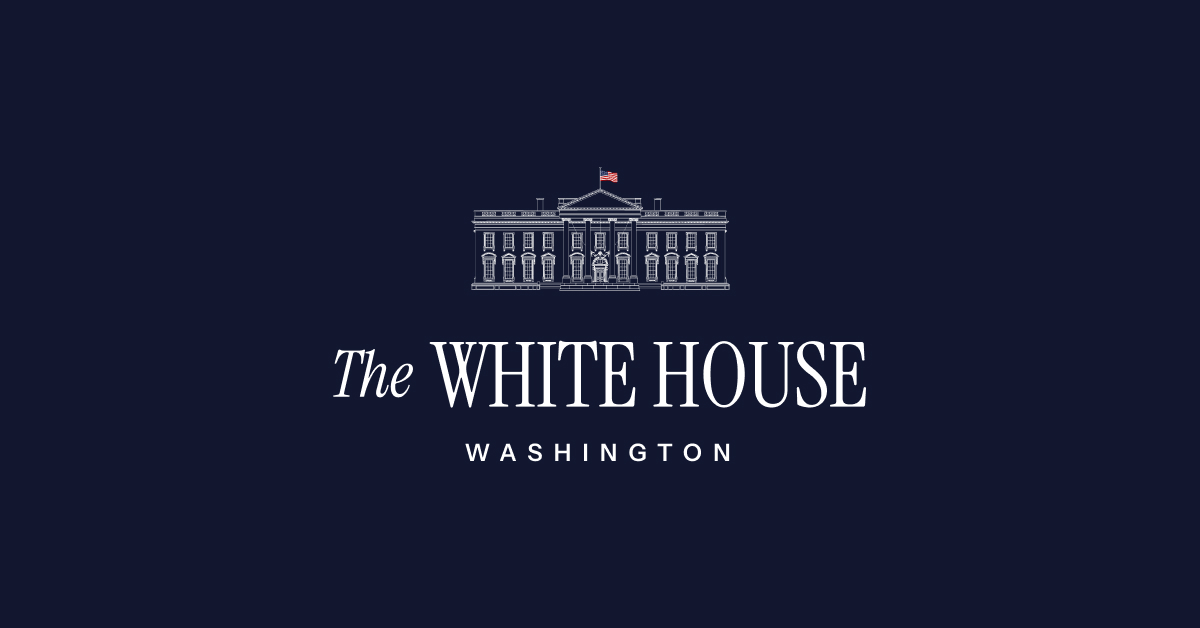Congress is not equipped to negotiate with foreign nations over trade. It is a deliberative body that moves at the speed of snails. This is why it has, in the past, delegated this authority to the executive.
The plaintive here actually have no case in that it is the Congress who chooses not to act who actually has cause.
Activist judges have turned logic and the law on its head by actually pretending states can interfere with the Executive when it comes to foreign policy. The same goes for private businesses. They have no standing under our laws.
This is absurd nonsense when looked at legally and logically.
The U.S. Court of Appeals for the Federal Circuit will hear from administration attorneys contesting a May ruling that struck down Mr. Trump’s ability to set sweeping tariffs under the International Emergency Economic Powers Act.
The Trump team is squaring off with attorneys for Democratic-run states and the Liberty Justice Center, who say Mr. Trump is overstepping his powers and that the tariffs will harm constituents and small businesses.
“There are multiple reasons why we think the president’s tariffs are illegal or unconstitutional, and the court only really needs to agree with us on one of those in order for us to win,” said Jeffrey Schwab, senior counsel and director of litigation at the Liberty Justice Center.
The plaintiffs say the president is tapping into authority that rests solely with Congress.
They say the 1977 law he is using, known as IEEPA, didn’t give presidents sweeping abilities to impose tariffs and, even if it had, Mr. Trump would be stretching the amount of trade power that Congress delegated to the executive branch.
Attorneys also said the levies would harm U.S. companies that rely on imports so the appeals court should uphold the lower ruling by the U.S. Court of International Trade.
The plaintive here actually have no case in that it is the Congress who chooses not to act who actually has cause.
Activist judges have turned logic and the law on its head by actually pretending states can interfere with the Executive when it comes to foreign policy. The same goes for private businesses. They have no standing under our laws.
This is absurd nonsense when looked at legally and logically.
Foes of Trump’s tariffs get their day in court and a shot at unraveling his trade deals
President Trump’s unilateral power to impose tariffs on other nations will be hotly debated before a federal appeals court Thursday, a case that could upend the White House trade agenda and void the huge trade deals already struck.The U.S. Court of Appeals for the Federal Circuit will hear from administration attorneys contesting a May ruling that struck down Mr. Trump’s ability to set sweeping tariffs under the International Emergency Economic Powers Act.
The Trump team is squaring off with attorneys for Democratic-run states and the Liberty Justice Center, who say Mr. Trump is overstepping his powers and that the tariffs will harm constituents and small businesses.
“There are multiple reasons why we think the president’s tariffs are illegal or unconstitutional, and the court only really needs to agree with us on one of those in order for us to win,” said Jeffrey Schwab, senior counsel and director of litigation at the Liberty Justice Center.
The plaintiffs say the president is tapping into authority that rests solely with Congress.
They say the 1977 law he is using, known as IEEPA, didn’t give presidents sweeping abilities to impose tariffs and, even if it had, Mr. Trump would be stretching the amount of trade power that Congress delegated to the executive branch.
Attorneys also said the levies would harm U.S. companies that rely on imports so the appeals court should uphold the lower ruling by the U.S. Court of International Trade.





 Predictable
Predictable



